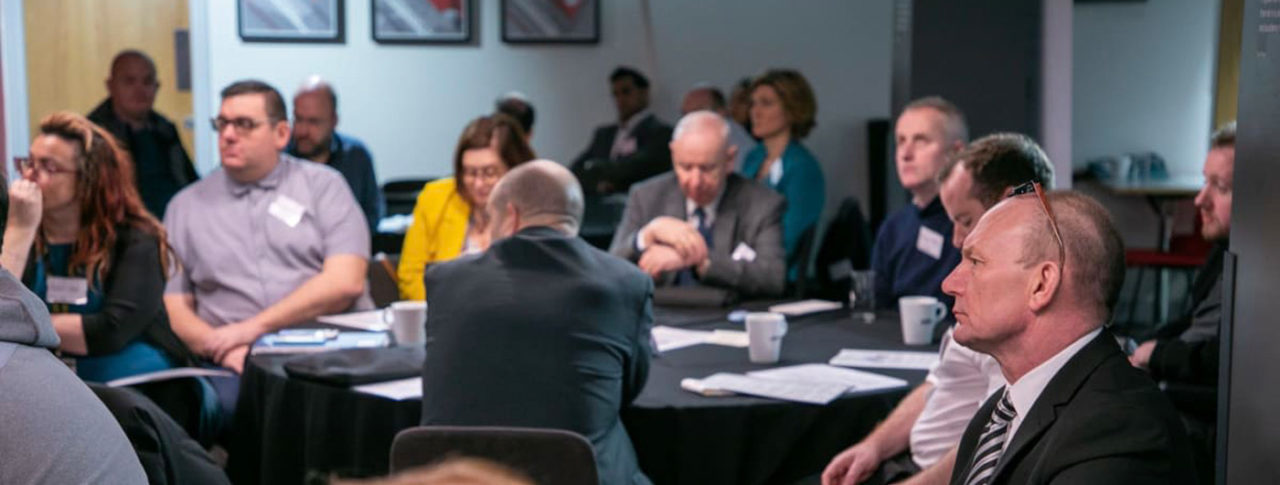Bridging the gap between employers and visually impaired people
Businesses in the Merseyside region came together with blind and partially sighted people at the Bridge the Gap event to look at how they could increase the number of visually impaired people in the workforce.
The event, funded by the membership organisation for local sight loss charities, Visionary, was developed by a partnership of Merseyside Sight Loss Council, Bradbury Fields Services for Blind and Partially Sighted People and Jigsaw Coaching.
Alex Wallis attended the event and reports back.
Bridge the Gap took place on 20 February at Liverpool Football Club’s prestigious Anfield stadium. It featured high-profile guest speakers and an inspiring guest panel. Everyone was there to discuss ways to increase diversity in the workplace, with the aim of boosting employment prospects for people who are blind or partially sighted living in Merseyside.
Myself and others who attended were able to engage in important conversations with employers and raise awareness of the issues faced by people with a visual impairments both in and out of the workplace. It was a unique opportunity to challenge old myths around employing people with visual impairments.
I was struck by the range of speakers who gave their time to offer inspiring real-life examples of how employers can benefit from a wider pool of talent by making just a few small adjustments.
Recognised for talent
Judge Afzal, who is the first blind Asian judge in the UK, told the room about the support he had received from his family when making his career choice and his employment journey. My favourite quote of the day was when he said: “I stopped being a blind barrister and became a barrister who happened to be blind. I was recognised for my talent.”
We also heard from Saima Ashraf an Auditor with a severe visual impairment who works for Merseyside Police, and her employer. It was interesting to hear the perspective of both employer and employee. Together they explained how some small adjustments such as vision awareness training for colleagues had made for a more inclusive working environment.
Roger Philips Deputy Lieutenant for Merseyside and Chair of the event shared a story from a relative who was instrumental in founding several chess associations for people who were visually impaired. I found it impressive this relative had graduated from university at a time before technology and computers.
The practical, financial and technical support available through the Access to Work Programme were discussed to dispel myths around the additional costs of assistive technology and support workers. And experts gave advice to employers on the practical, financial and technical support available.
Working Together
A highlight of the event was the workshop session where delegates, in their small groups, identified key barriers and solutions to bridge the employment gap. There were calls for more employers to offer work experience opportunities and trials, guaranteed interview schemes and improvements to the Access to Work Programme.
With employment as one of the Sight Loss Council’s six priority areas, this feedback and learning will be taken forward to make positive changes in employment for people who are blind or partially sighted. I’m excited to see what happens next.
Publication date: 15 October 2020

